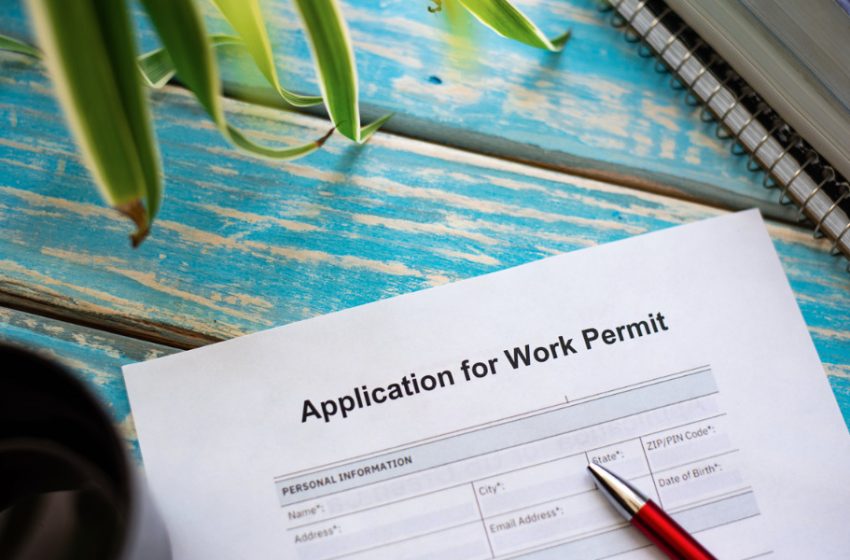Study and work permit process in Canada: One of the major advantages of traveling to study in Canada is that you can be working to earn a living and pay your way through school while doing that. While it is a good prospect, it is also necessary that you know the process before you venture into it.
There are several ways international students to be granted a permit to work in Canada while studying.

Method 1: As a Co-op Student or Intern
You can start your application by searching and applying for a course that includes work experience as part of your curriculum. Once you get that, you can then apply for a co-op or intern work permit if:
- you have a valid study permit
- you must work as a requirement to complete your study program in Canada
- you have a letter from your school indicating that all students in your program must complete work placements towards their degree
- your co-op placement/internship totals 50% or less of your study program
While you are at it, you must know that you will be deemed ineligible for a co-op work permit if:
- You want to English or French as a second language
- You are enrolling in a general interest course or
- You want to take courses to apply for another study program
Now, how do you apply for this co-op work permit?
You can apply for your co-op work permit at the same time you are applying for your study permit.
All you need do is to ensure that your acceptance letter from your designated learning institution must indicate that a co-op or internship placement is part of your program’s curriculum.
Method 2: Work off-campus as an international student
To work off-campus as an international student, you must meet certain requirements otherwise you might have to leave Canada.
You can work off-campus without a work permit if:
- You are enrolled as a full-time student at a designated learning institution (DLI)
- You are enrolled in
- a post-secondary academic, vocational/professional program or
- a secondary-level vocational program (Quebec only)
- your study program
- must be at least 6 months long and
- is towards a degree, diploma, or certificate
- you have commenced studying
- you possess a Social Insurance Number (SIN)

In all these, your study permit determines whether you are permitted to work in Canada. It also states the conditions of such employment. This enables you to apply for a Social Insurance Number (SIN) from Service Canada. You should note that the SIN is a key requirement and you must have processed this before you can begin working during your study in Canada.
Before you embark on your working while studying in Canada process, there are some important things to note:
- You can not work in Canada before the start of your study program; you can only start working when your study program has started.
- You can work for 20 hours per week during regular school terms/semesters
- You can work full-time if you are on a scheduled break
You cannot work in Canada unless authorized if
- your study program is less than six months in duration,
- you are enrolled in English as a Second Language (ESL) or French as a Second Language (FSL) program.
- You are a visiting or exchange students at a DLI
While you must supply sufficient evidence that you can pay for your tuition and living expenses before you arrive in Canada, rest assured that it will be worth it at the end.
You can find the details about all the options available in this article.
Summary of Canada Study and Work Permit
In summary, the Canada Work and Study Program is a program that allows international students to work and study in Canada. Under this program, international students can study in a recognized school or program in Canada and work part-time while they study, and full-time during breaks between academic terms.
To participate in the Canada Work and Study Program, you must first apply for and be accepted into a recognized school or program in Canada. You will then need to apply for a study permit, which will allow you to study in Canada for the duration of your program. Once you have received your study permit and arrived in Canada, you can start looking for a job.
If you want to work off campus or if you are not eligible to work on campus, you will need to apply for a work permit. Some types of work permits do not require a Labour Market Impact Assessment (LMIA), but others do. You can apply for a work permit online or by mail.
It’s important to note that you must have a valid study permit and a valid work permit to work and study in Canada. Working or studying without the proper documents is illegal and can result in serious consequences, including deportation.
MUST SEE: How to apply and get admission into Canadian Universities.


GIPHY App Key not set. Please check settings